Optimal Timing for Artificial Grass Installation
Artificial grass installations can be performed year-round, but optimal timing depends on climate conditions and project specifics. The most suitable periods typically include spring and early fall when weather is moderate, allowing for proper installation and curing processes.
Spring offers mild temperatures and longer daylight hours, facilitating efficient installation and drying times.
Fall provides cooler weather and less rainfall, reducing installation delays and ensuring better adhesion.
Summer can be suitable in cooler regions but may require precautions against heat during installation.
Winter is generally less ideal due to cold temperatures, increased moisture, and potential delays.
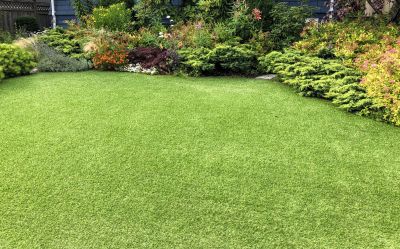
Ways to make Artificial Grass Installations work in tight or awkward layouts.
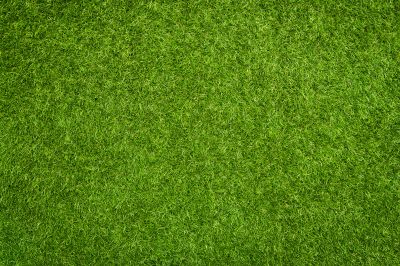
Popular materials for Artificial Grass Installations and why they hold up over time.
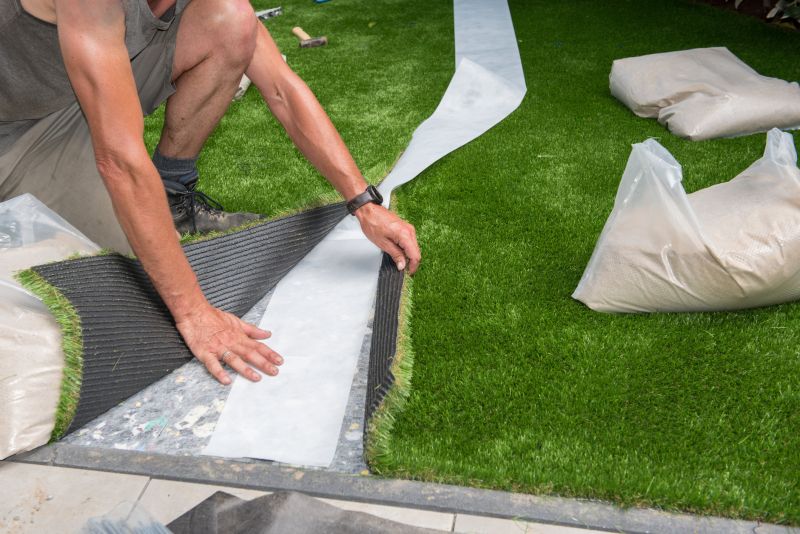
Simple add-ons that improve Artificial Grass Installations without blowing the budget.
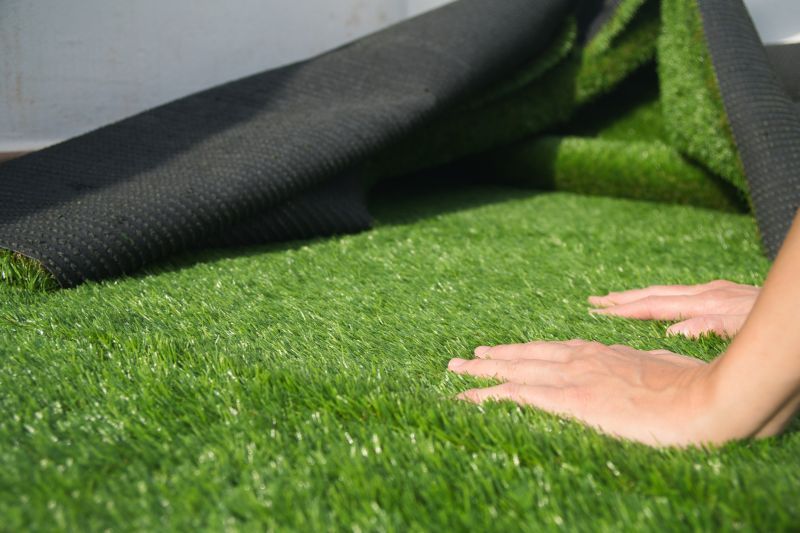
High-end options that actually feel worth it for Artificial Grass Installations.
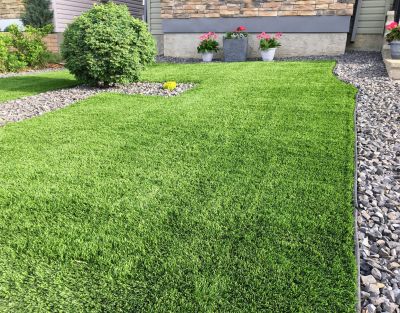
Finishes and colors that play nicely with Artificial Grass Installations.
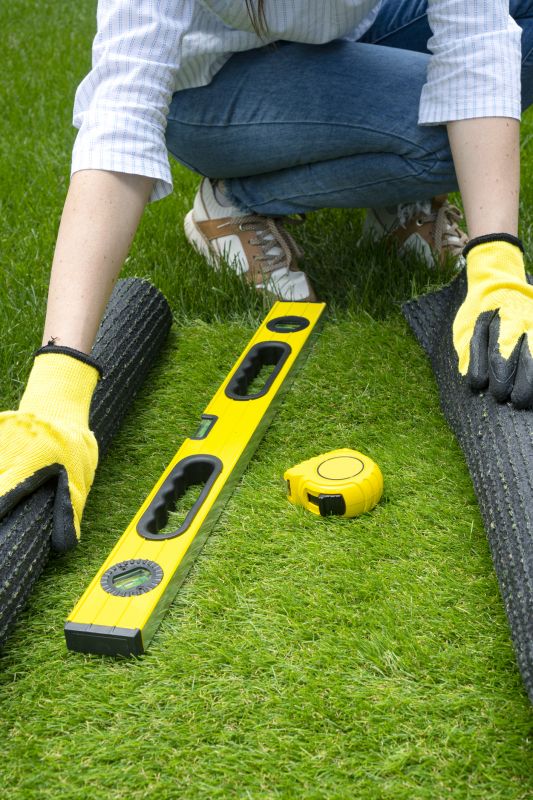
Little measurements that prevent headaches on Artificial Grass Installations day.
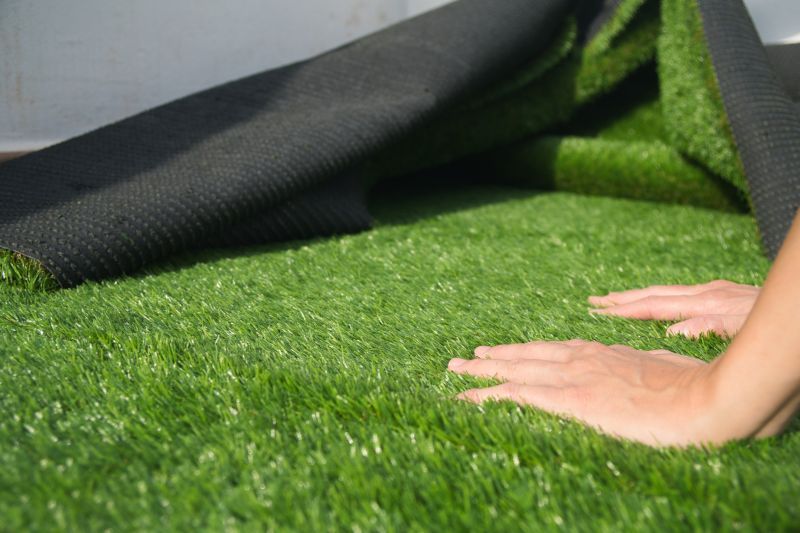
A 60-second routine that keeps Artificial Grass Installations looking new.
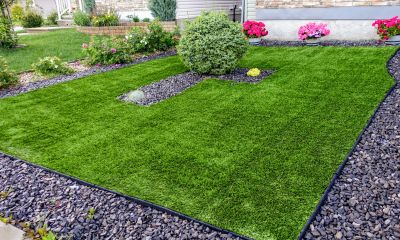
A frequent mistake in Artificial Grass Installations and how to dodge it.
Artificial grass installations involve laying synthetic turf designed to mimic natural grass, providing a low-maintenance, durable surface suitable for various applications. The process includes preparing the ground, installing a base layer, and securing the turf with infill and edging. This type of installation is popular for sports fields, residential lawns, and commercial landscapes. Proper timing ensures optimal adhesion, appearance, and longevity of the turf, making seasonal considerations an important factor in planning.
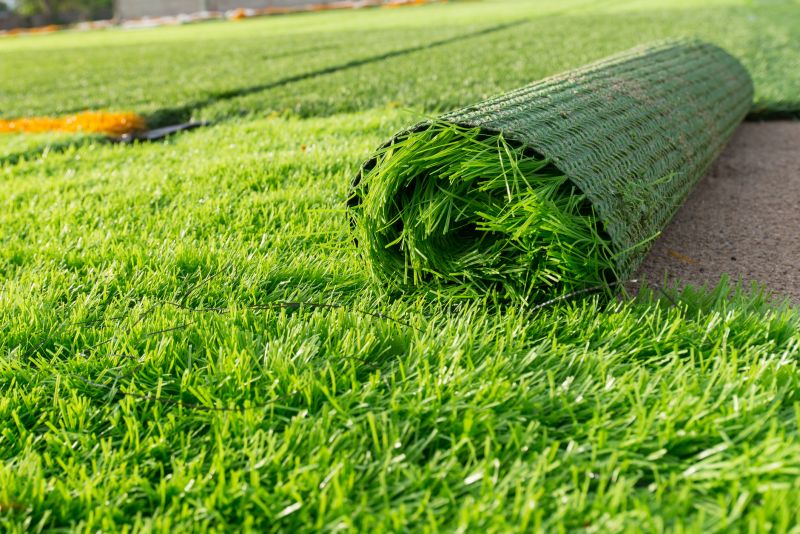
Small tweaks to make Artificial Grass Installations safer and easier to use.
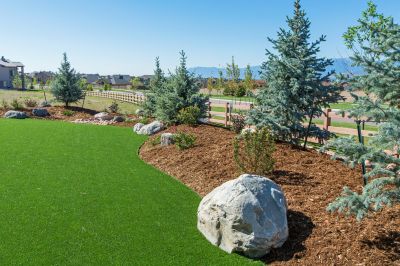
Lower-waste or water-saving choices for Artificial Grass Installations.
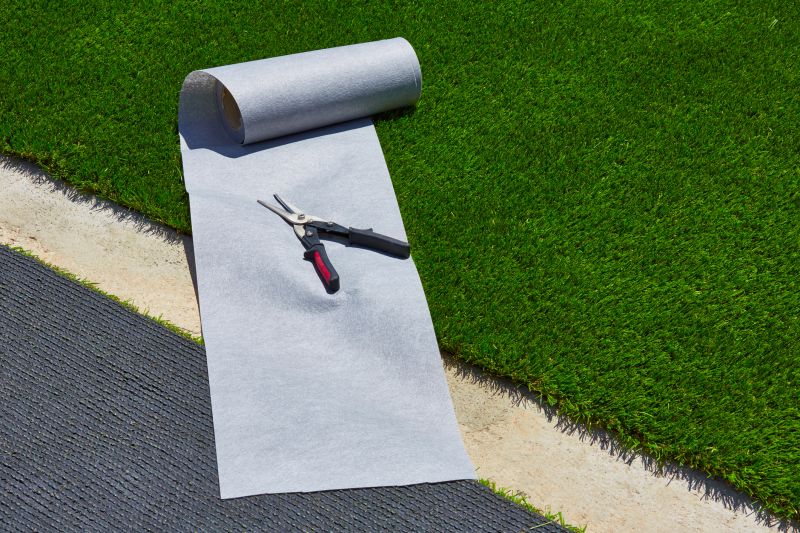
The short, realistic tool list for quality Artificial Grass Installations.
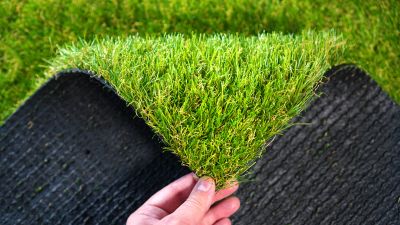
Rough timing from prep to clean-up for Artificial Grass Installations.
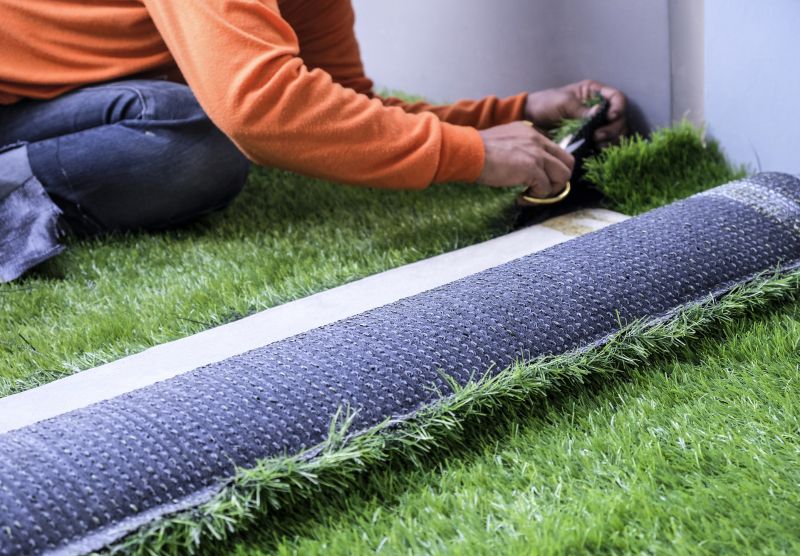
Quick checks and paperwork to keep after Artificial Grass Installations.
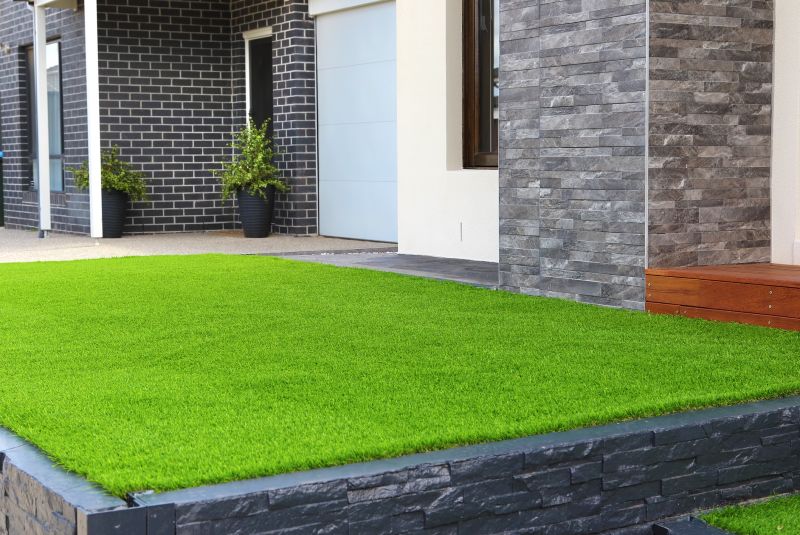
Examples that show the impact a good Artificial Grass Installations can make.
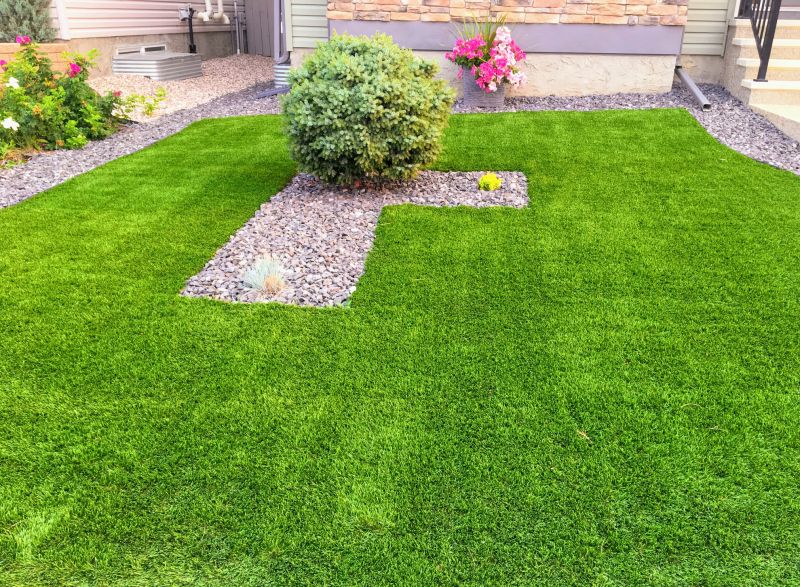
Ways to make Artificial Grass Installations work in tight or awkward layouts.
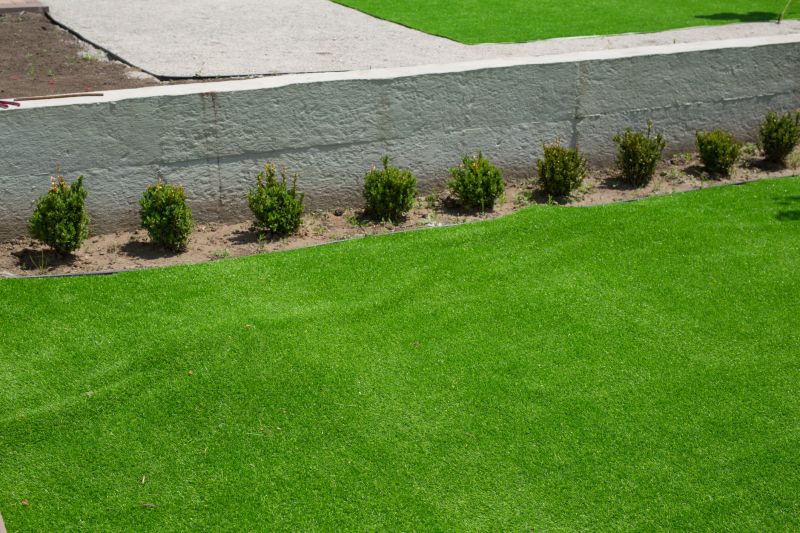
Ways to make Artificial Grass Installations work in tight or awkward layouts.
| Season | Installation Suitability |
|---|---|
| Spring | Ideal due to moderate weather and longer daylight hours. |
| Summer | Possible in cooler regions; caution needed during heat. |
| Fall | Excellent with cooler temperatures and less rain. |
| Winter | Less suitable due to cold, moisture, and potential delays. |
| Rainy seasons | Can cause delays; best to avoid during heavy rain. |
Choosing the right time for artificial grass installation can impact the durability and appearance of the turf. Considering local climate patterns and seasonal weather conditions helps ensure a successful project. Proper planning and timing contribute to a seamless installation process and long-lasting results.
For those interested in scheduling an artificial grass installation, filling out the contact form provides the opportunity to discuss project specifics and preferred timing to achieve optimal results.
